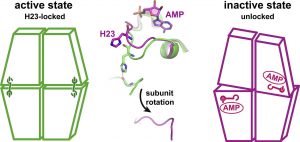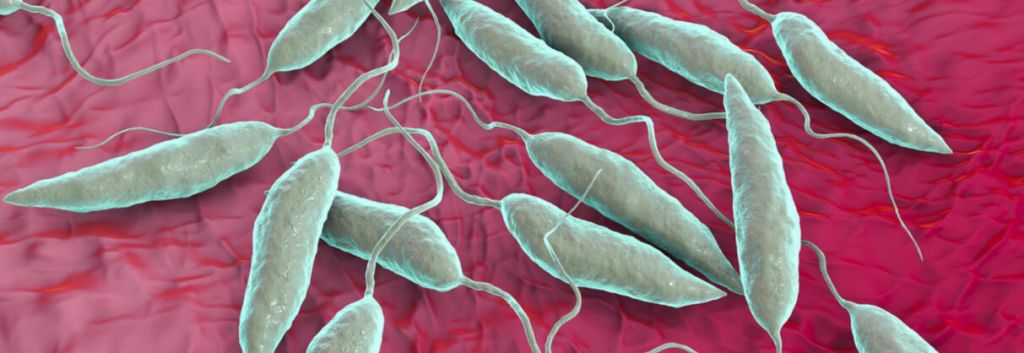Newsletter Signup - Under Article / In Page
"*" indicates required fields
A study in Scotland has improved our understanding of how a dangerous parasite functions, creating a new target for combatting deadly infections.
Research from the University of Edinburgh has identified a therapeutic target in Leishmania, a parasite that infects 1 million people each year, resulting in 20,000-30,000 deaths. The study, published in the Journal of Molecular Biology, used clever imaging techniques to identify ways to target an enzyme, LmFBPase. This knowledge will hopefully be adapted for new approaches to killing the parasite, without harming the patient.
The Leishmania parasite causes Leishmaniasis, and tends to be found in the tropics, subtropics and southern Europe. Infected sandflies transmit the parasite, which causes three forms of the disease, with cutaneous leishmaniasis, the most common, characterised by skin sores. The disease tends to affect the poorest populations on earth, with poor housing and sanitation, migration and malnutrition major risk factors for the disease.
LmFBPase (Leishmania fructose-1,6-bisphosphatase) is involved in the parasite’s metabolism, and its activity is controlled by a molecule called adenosine monophosphate (AMP). A human equivalent of the enzyme exists, so the group had to check that the enzyme could be targeted safely.
An allosteric inhibitory mechanism was found following careful observation of LmFBPase’s structure when it combines with AMP. Luckily, this site is not present in humans, so it offers a therapeutic target that is specific to Leishmania.

There is by no means an abundance of treatments available for leishmaniasis. Antiparasitic drugs, for example, amphotericin B are currently used but are associated with nasty side effects and cannot be used in certain groups, including children and pregnant women. For this reason, a more user-friendly treatment is desperately needed.
Biotech has taken a range of approaches to treating tropical diseases. Themis, based in Vienna, Austria, is developing a vaccine for Zika, while Humabs has isolated antibodies against Middle East Respiratory Syndrome. Oxitec takes an alternative approach, developing GM mosquitoes to reduce population size and disease transmission. Perhaps we will see these techniques adapted to combat Leishmania.
Leishmaniasis may not get the same attention of other parasitic diseases, for example, malaria, but the research from Scotland could lead to a new treatment for a disease that currently lacks options. The challenge now is to develop a candidate for the allosteric inhibition of LmFBP. This is no small task, as developing an allosteric inhibitor is notoriously difficult.
Images – Kateryna Kon / shutterstock.com; Meng Yuan et al. (2017) Journal of Molecular Biology. 429. 3075-3089.






